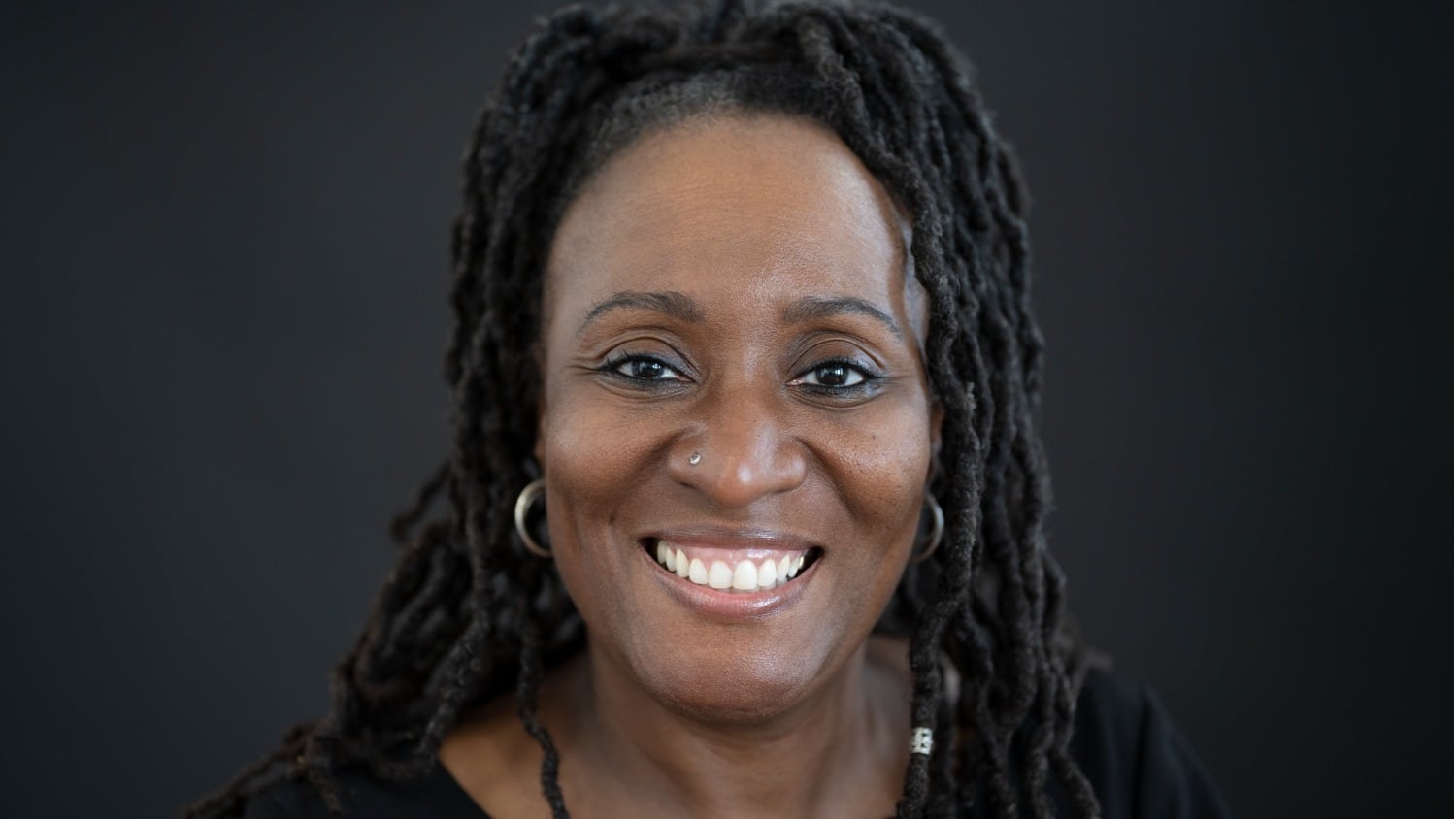5 Practical Memory Tips for Older Adults
Where did I leave my keys? What did I come here to buy? What’s her name?
As we go through life, we need to remember many things. Though this may seem harder as we grow older, it isn’t necessarily so.
I.C. Robledo’s concise, informative new book Practical Memory: A Simple Guide… cites a recent study which showed that seniors performed better at most memory skills than did millennials – and that is encouraging to us. His book has useful tips for doing even better; a few are discussed here.
Here are a few practical memory tips for older adults.
Eliminate Memory Disruptors
Robledo developed memory problems in graduate school, a most inconvenient time. A doctor alerted him to some basic memory inhibitors: inattention, lack of sleep, nutrition/medication problems and stress. Here are some guidelines:
- Mindfulness must replace the lack of attention to what we are doing.
- Sleep deprivation must be dealt with: exercise, medication, scheduling.
- Eating well and having appropriate medication treatment is important.
- Stress reduction methods – such as meditation, exercise and yoga – can help memory as well.
Where Did I Leave My Keys?
One strategy to finding your ‘missing’ keys is to always put them back in the same spot. If you are not sure you’ll remember that spot, picture it in your mind as you put the keys there. Then, when you need to find them, picture what you were doing when you were putting them down.
Going beyond that, you can write yourself a note, and place it in your wallet.
When traveling, before you leave the hotel or restaurant, place anything you fear you’ll forget – and cannot carry on you – right by your keys, so they all come with you.
To find your car in the parking lot, note the aisle letter/number or where the aisle begins or ends. Picture mentally how you entered the area and parked.
What Did I Come Here to Buy?
Like most people, I maintain a grocery list. Sometimes, I’m away from the refrigerator, where I keep my list, yet I am within reach of the store. Have I forgotten my list? Not exactly.
After writing the list, I use the first letters of the items to form a word or near-word to help me remember: Milk, Bread, prescriptions (Rx), Tape… MBRT could become “My BRaT,” ignoring the lowercase letters. This usually works for me.
What’s Her/His Name?
Putting a name to a face has two elements: remembering who the person is and what her/his name is. When introduced, try to note the association/relationship you have with her or with the introducer.
For association, think of where you met, who was there, why you were there, what happened when you were there… Paying attention to these at that time will make remembering easier. Perhaps physical appearance can be linked to the person’s name as well.
To remember her/his name, use it several times as soon as practical, and then look for things to link it to: people and places, words that sound similar.
I remember that a new client, Cheryl B., is a retired RN, as is my old friend, Cheryl C.
A structure to link your memory to is the alphabet. When trying to remember a person’s name, go through in order: Alice, Ann, … ; Barbara, Betty, … ; Carol…
Memorize Some; Record Some
You may lose your purse and cell phone and need an important number. Some numbers should be memorized, as I had to do decades ago as a child. When you have your cell phone and some spare time, memorizing some phone numbers is worth doing.
Also write down crucial information. The Chinese say, “The palest ink outlasts memory.”
In Conclusion
Our memories are probably no worse than they once were, and we can battle forgetting by using some simple tactics as outlined above.
Do you have a good memory? Which tactics might you use? What memory tips can you share with our community? Please join the conversation below!
Tags Brain Health






